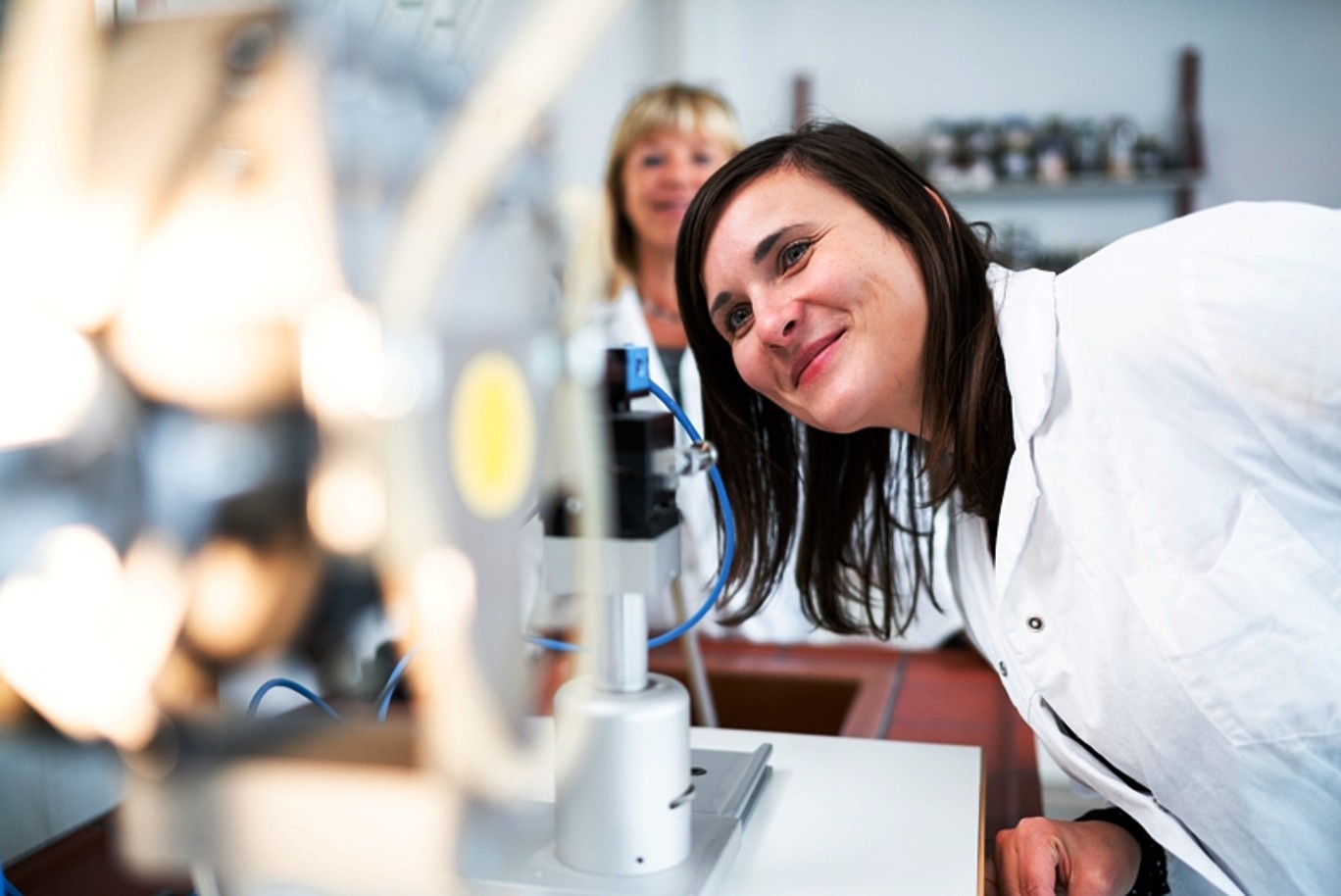
You can start a Bachelor's degree course with us if you have a general or subject-restricted higher education entrance qualification.
For the KIA (Cooperative Studies with Integrated Vocational Training) course, you must have a training or internship contract with a KIA company. Please note that you should apply approx. 1 year before the start of your training.
The application period for the degree course is from 15 May to 15 September of each year for the following winter semester.
All degree courses in the Faculty of Mechanical Engineering have no admission restrictions (no numerus clausus).
In the first three semesters, you will learn the scientific and technical basics of the course. English for engineers is also part of the curriculum so that you are fit for the international job market after graduation.
In the specialized studies, you will deepen the content from the basic studies in an application-oriented way.
In this semester, you spend 6 months away from the university and into the practice of a company of your choice.
In the final semester, you write your Bachelor's thesis - either at the university or in an industrial company. You will receive the academic degree "Bachelor of Engineering" after completing the defense of your Bachelor's thesis.
The KIA study form only differs from the Bachelor's degree in the first 3 semesters. During this time, you complete your vocational training in a 4-week rhythm at alternating learning locations (university/company). At the end of this study phase, you will take the IHK examination and receive your 1st vocational qualification.
The Bachelor's degree program in Energy and Environmental Engineering includes the following specializations: